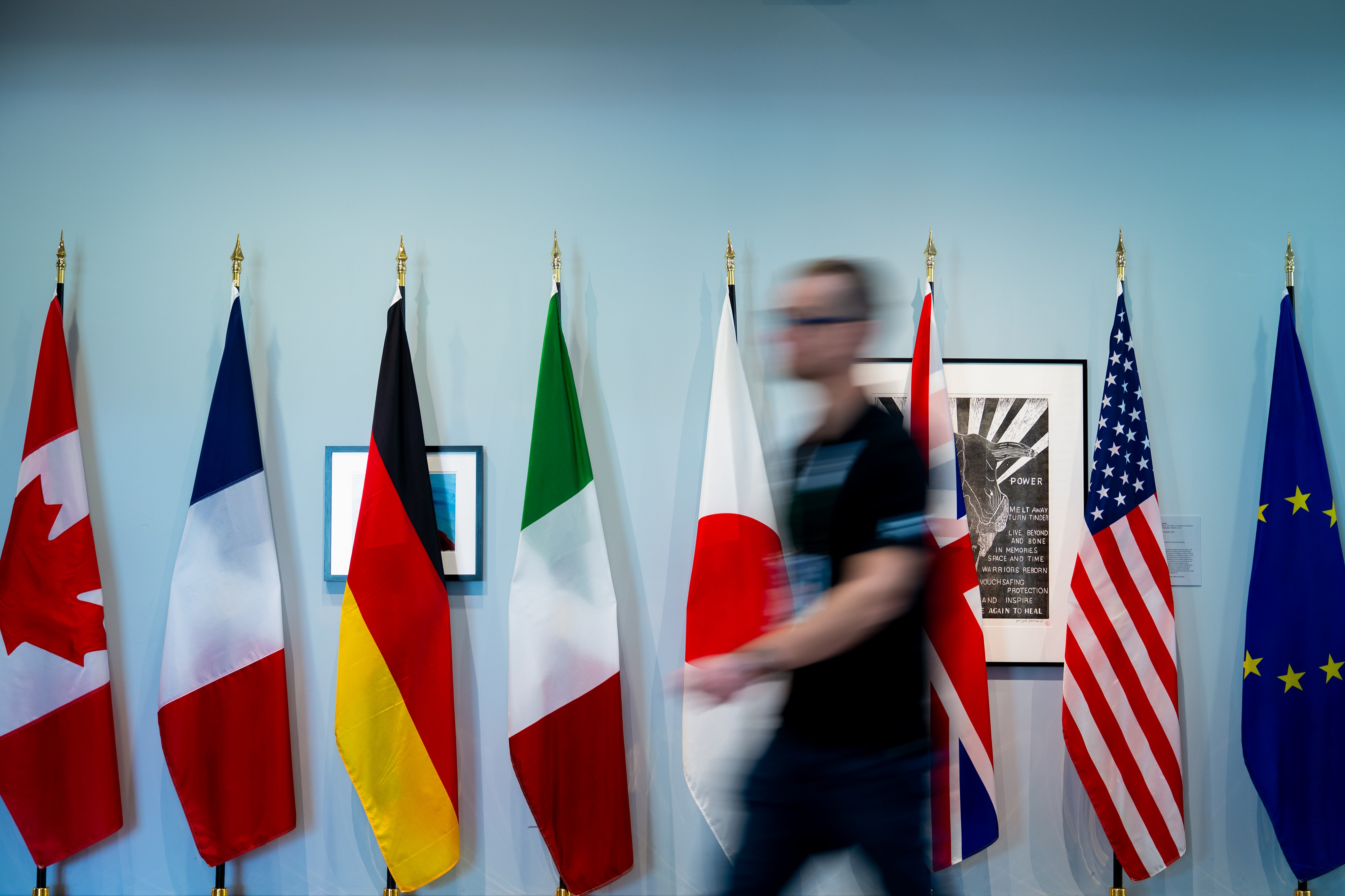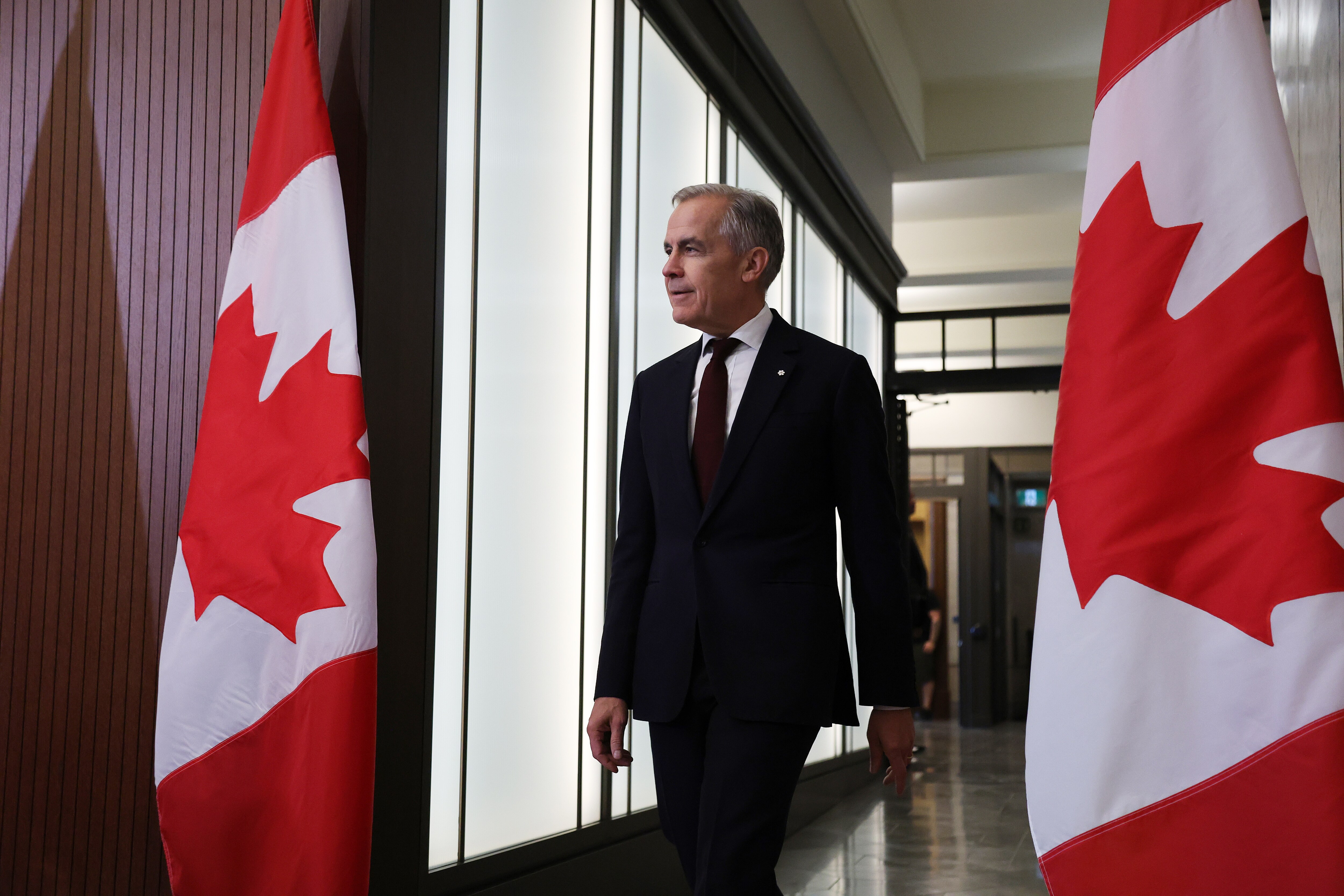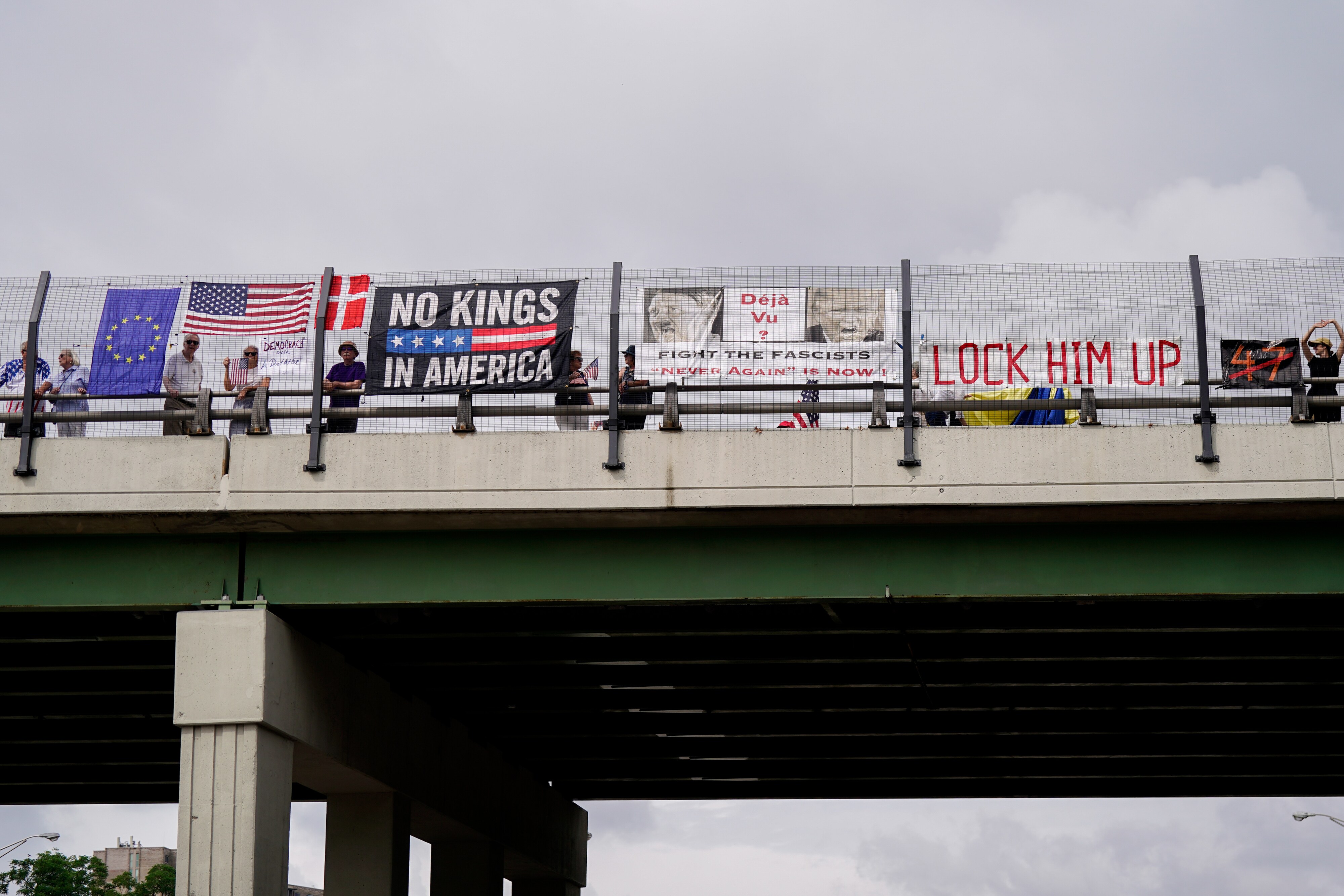
As Mark Carney prepares to host world leaders at the Group of Seven summit in western Canada, he's showing off a foreign policy that's more hardheaded than that of Justin Trudeau.
Trudeau put climate change and progressive social values front and center, an approach that often led to clashes with other leaders. Carney has emphasized economic ties, hard power and alliances that would allow Canada to reduce its economic and security dependence on the US.
Carney, who has been prime minister for three months, is using the military budget to send a clear message that his administration is different. Under Trudeau, Canada's defense spending lagged far below the key NATO target of 2% of gross domestic product — and the government didn't intend to reach it until 2032. Carney has just announced his government plans to hit that level within months by allocating billions of dollars right away for new military hardware and other defense items.

The prime minister has also made some controversial invitations to the summit, justifying them on the basis that some key economic powers must be at the table. That includes India's Narendra Modi, with whom Trudeau feuded. Modi's government was accused by Trudeau of backing the murder of a Sikh activist in Canada in 2023, leading to a deep rupture in Indian-Canadian relations.
Modi and Carney will meet at the summit and officials have signaled their governments plan to have better cooperation among law enforcement for sharing information. The Canadian leader also invited Saudi Crown Prince Mohammed bin Salman, though he's decided not to attend.
Carney's actions show “a clear desire to diversify Canada's relations and to engage with a wider range of partners than in the past,” said Thomas Juneau, a University of Ottawa professor who specializes in foreign and defense policy. “I hope it's a less moralistic approach” than Trudeau.
Hanging above everything at the meeting in Alberta is, of course, Donald Trump.
Carney, 60, has walked a fine line with the US president. During the Canadian election campaign, Carney accused Trump of betraying Canada and pledged that Canada would “win” the trade war. Since securing victory, he has taken a more conciliatory tone.
He flattered Trump by calling him a “transformational president” during a meeting at the White House in May. When Trump doubled US tariffs on steel and aluminum to 50%, Carney chose not to announce any immediate retaliation, saying the two sides were making progress in trade negotiations.
Trump's temperament is a factor in the summit planning, and Carney's team will be keenly aware that the president can derail the G-7 agenda at any point if he chooses, said Meredith Lilly, who was a senior trade adviser to former Canadian Prime Minister Stephen Harper and now teaches at Carleton University.
“The presence of President Trump, while it's absolutely vital that he's there, reduces the sense that there's a shared global agenda on a number of issues,” Lilly said. It puts pressure on Carney to ensure the summit runs smoothly but also lowers expectations that there will be major agreements on policy, she said.

The Canadian side has acknowledged this by planning a series of smaller statements by G-7 leaders on specific issues, rather than the usual joint communique that tries to capture consensus on a wide range of topics. Trump, famously, withdrew US support from the final agreement in 2018, the last time Canada hosted the G-7, after he took offense at Trudeau's comments in a closing news conference.
Carney will take pains to avoid a similar blowup. Economic matters — including energy security, critical minerals and artificial intelligence — will be priorities for him at the summit, which wraps up on Tuesday.
“So far that's what I see him doing with the G-7: finding the items where there's going to be common ground, not setting us up for failure by insisting on an agenda that isn't going to go anywhere,” Lilly said.
But there's still some domestic political risk for Carney at the event. Many Canadians are looking for the prime minister to stand up to Trump on tariffs and Canadian sovereignty, said Dan Arnold, chief strategy officer at Pollara and a former pollster for Trudeau.
Canadian anger is still simmering about the trade war and Trump's repeated comments that Canada should be the 51st state — even if he has made them less frequently of late. Travel by Canadians to the US has plummeted, and some organized protests in Canada against Trump on Saturday, joining the ‘No Kings' rallies in dozens of major US cities.
Becky Devlin of Barrie, Ontario, was part of a demonstration outside the US consulate in Toronto. Carrying a flag reading “Canada Is Not For Sale,” she lamented the president's statements about annexing Canada. “It's just annoying, and an example of everything wrong with the Trump administration,” she said.

The Middle East conflict will undoubtedly be a major topic of discussion, and Carney will need to carefully manage his response, given the split within his own Liberal Party caucus on the issue, Arnold said.
Carney will also be looking to pull Canada closer to five other non-US nations in the G-7 club. The UK will seek to restart trade negotiations with Canada, Prime Minister Keir Starmer said on his way to meet Carney on Saturday in Ottawa. The two leaders watched hockey together — Carney's favorite team, the Edmonton Oilers, is in the Stanley Cup final.
No one knows for sure what Trump will do at the summit, nor how the other leaders will react if he uses the occasion to focus again on US grievances about trade.
“Obviously, you're playing with live ammunition here and I think there's a high chance things go awry,” Arnold said.
“The story of the G-7 will be Trump and everybody else will be a secondary character at the end of the day. So that's where the eyes of Canada, and I'd imagine most of the world, will be this week in Alberta.”
Essential Business Intelligence, Continuous LIVE TV, Sharp Market Insights, Practical Personal Finance Advice and Latest Stories — On NDTV Profit.























